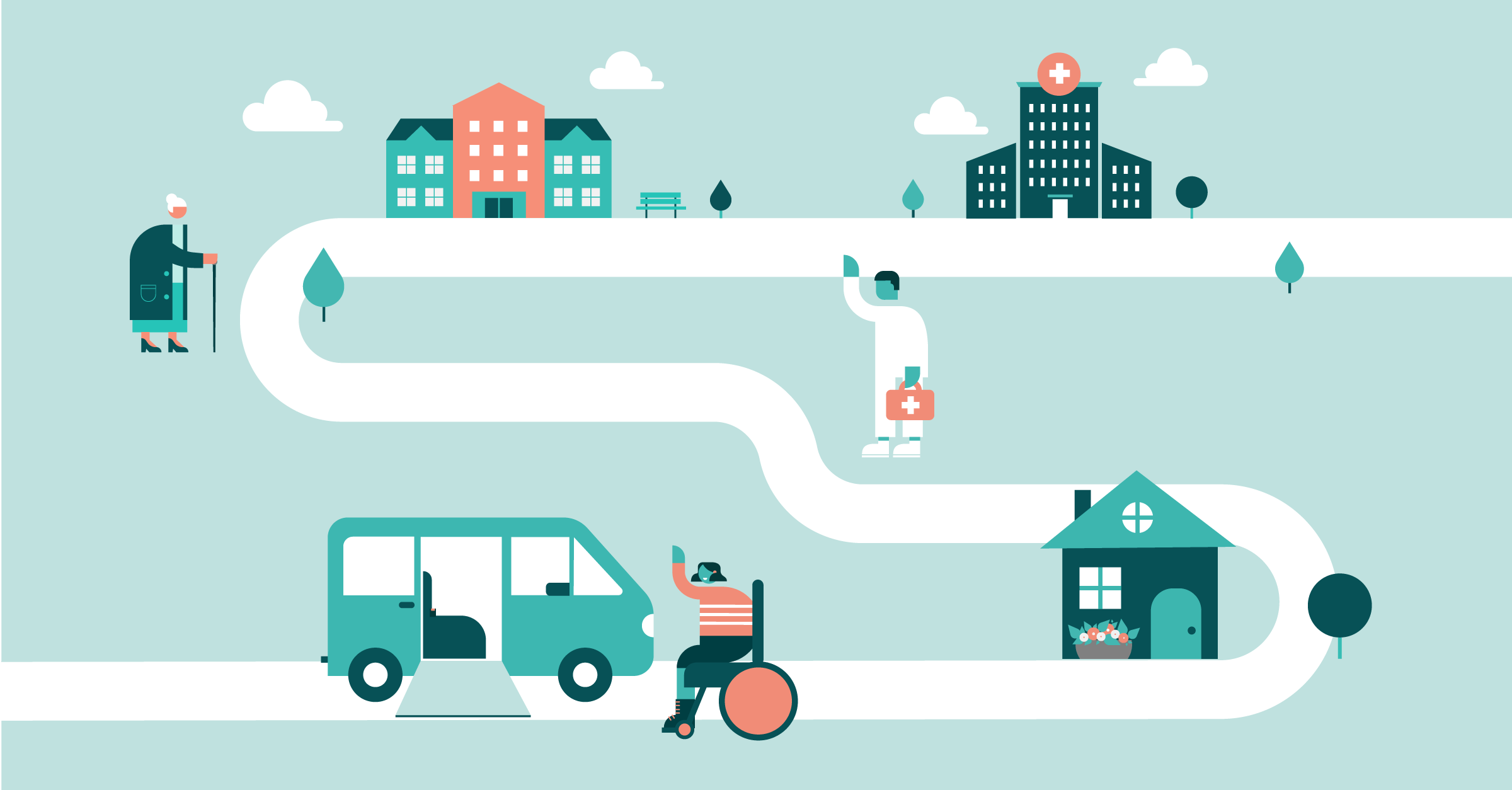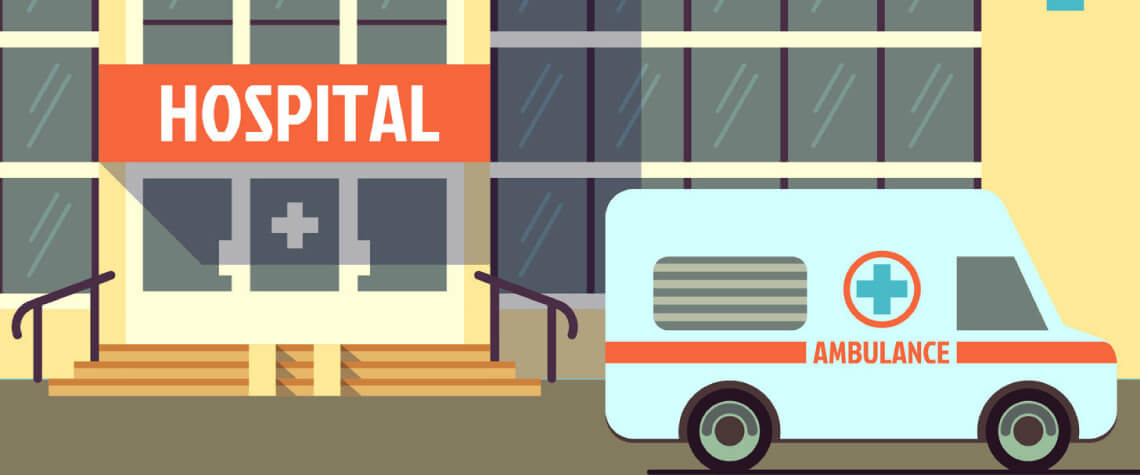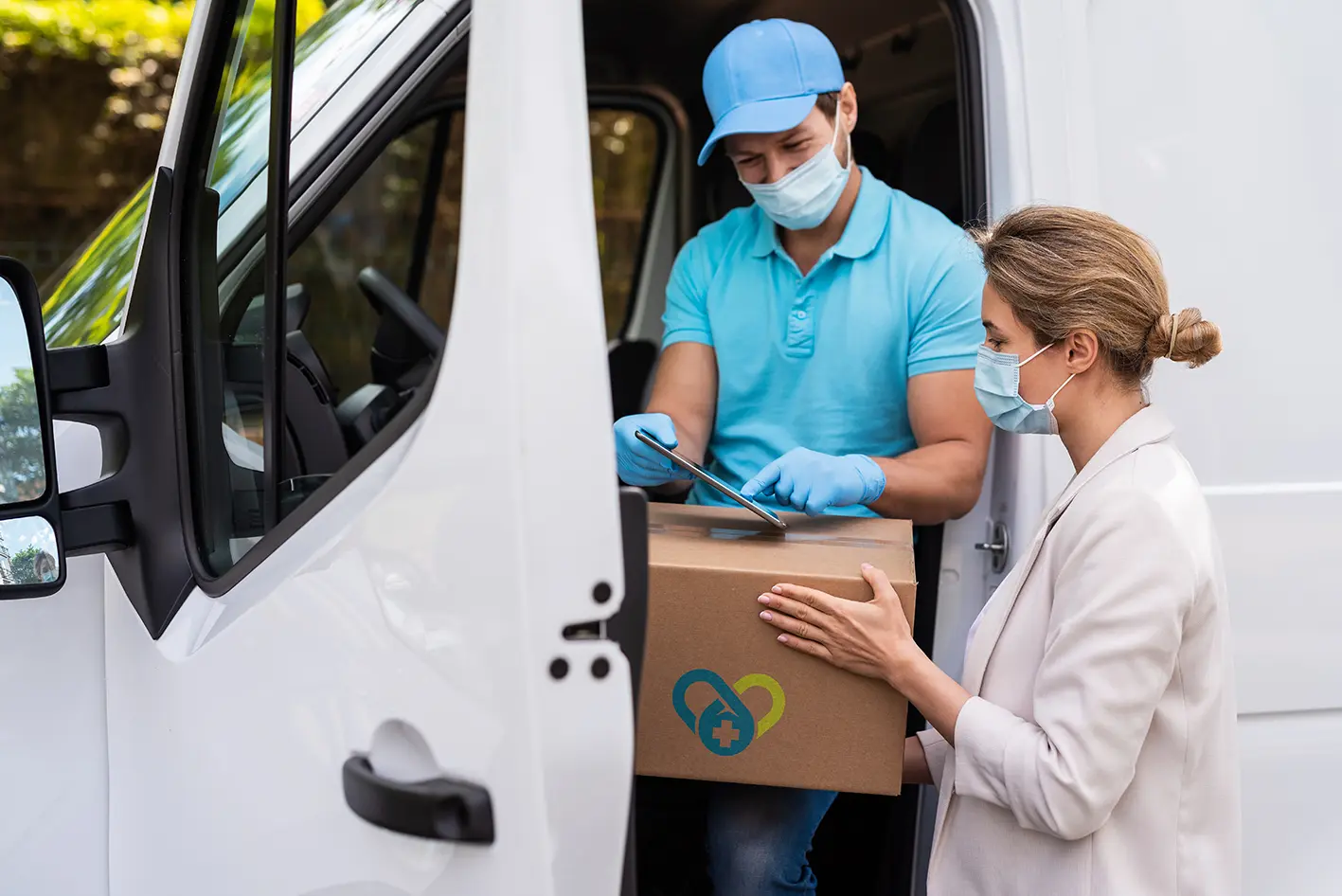Efficient Medical Transportation Solutions: Ensuring Safe Transportation
Efficient Medical Transportation Solutions: Ensuring Safe Transportation
Blog Article
Inexpensive and Accessible Medical Transport Options for each Scenario
In the world of healthcare, the capability to accessibility clinical solutions is vital, yet the difficulty of inexpensive and obtainable transportation can commonly impede people from getting required treatment. By discovering customized medical transport solutions, neighborhood transportation programs, ride-sharing and taxi services, non-emergency medical transportation, as well as public transit and paratransit alternatives, people can find avenues that cater to their certain demands and guarantee they obtain the treatment they need.
Specialized Medical Transportation Solutions
Specialized medical transport services play a critical function in ensuring secure and effective transport for people needing specialized treatment during transit. These solutions deal with clients with special clinical needs, such as those needing continuous surveillance, specific equipment, or medical interventions during transportation. By utilizing specifically complete vehicles and skilled medical employees, specialized medical transportation solutions make certain that clients obtain the necessary care while being transferred in between medical care facilities, houses, or various other locations.
One key aspect of customized medical transport solutions is the focus on person convenience and security. Medical transportation groups are trained to take care of different medical conditions and emergencies that may develop during transit, offering a greater level of care than traditional transport alternatives. In addition, these services often use door-to-door assistance, lessening the anxiety and pain that individuals might experience during transfers.
Neighborhood Transport Programs
Having resolved the critical role of specialized clinical transportation solutions in making certain safe and effective transport for individuals with one-of-a-kind medical requirements, the focus now shifts to examining Neighborhood Transportation Programs - medical transportation. These programs play a vital role in offering cost effective and accessible transportation solutions for the basic population, including elders, individuals with impairments, and low-income households that may face obstacles in accessing traditional transportation options
Neighborhood Transport Programs incorporate a variety of services such as fixed-route buses, paratransit solutions, volunteer driver programs, and ridesharing efforts. These programs are commonly funded by neighborhood governments, non-profit companies, or personal business to ensure that individuals have reputable transportation choices to get to medical visits, food store, social activities, and various other necessary destinations.
Ride-Sharing and Taxi Solutions

Among the crucial benefits of ride-sharing and taxi services is their accessibility. These solutions run 24/7, permitting individuals to take a trip to medical visits, pharmacies, or hospitals at any moment of the day. In addition, ride-sharing and taxi solutions deal with people with mobility difficulties by using wheelchair-accessible cars upon demand.
In addition, ride-sharing and taxi services can be specifically helpful for people staying in locations with limited public transportation choices. By bridging the gap in between home and healthcare facilities, these internet solutions play a crucial role in making certain that everyone has access to necessary medical services.
Non-Emergency Medical Transportation

Non-Emergency Medical Transportation companies generally employ skilled employees that are experienced in aiding people with differing clinical demands. By offering door-to-door solution, Non-Emergency Medical Transportation enhances the overall ease of access of medical care for people that might otherwise struggle to go to critical clinical visits.
Public Transportation and Paratransit Options
Public transportation and paratransit options provide crucial transport services for individuals with varying wheelchair requirements, ensuring access to vital locations such as medical centers and visits. Public transit systems, consisting of buses, trains, and trains, offer an economical and commonly offered setting of transportation for individuals seeking to reach clinical appointments. These services are especially advantageous for those that might not have access to exclusive vehicles or require help due to mobility difficulties.
Paratransit services provide particularly to people with impairments that are not able to make use of standard public transport. These solutions use door-to-door transportation, suiting individuals with wheelchairs, pedestrians, or other flexibility aids. Paratransit cars are furnished with features such as mobility device ramps and securement systems to guarantee the risk-free and comfy transport of guests with varying mobility needs.

Final Thought

Report this page